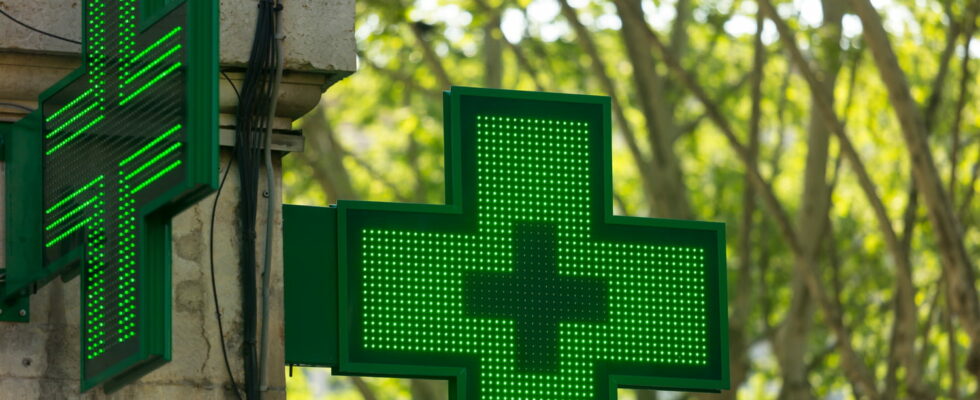Under conditions, women who show signs of urinary infection can now obtain antibiotics in pharmacies without a prescription.
Since June 18, 2024, a new decree published in Official newspaper broadens the skills of pharmacists. They can now offer a urine test without a prescription, directly in the pharmacy, in the event of suspected cystitis, and dispense antibiotics according to the results. This decree, announced in 2023, aims to treat women more quickly and limit the misuse of antibiotics. How does this work in practice?
What does the pharmacy urine test consist of?
Screening consists of a “urinary diagnostic orientation test for at least nitrituria and leukocyturia” specifies the decree. Before carrying it out, the pharmacist must first check the patient’s symptoms to ensure that she does not show any signs of seriousness (fever, hypothermia, etc.). The urine sample is then taken on the premises of the pharmacy. This must have sanitary facilities enabling the test to be carried out in compliance with hygiene rules and also have a water point for hand washing or hydro-alcoholic solution. Once the sample has been taken, the woman gives it to the pharmacist who carries out the screening test using a urine strip. The result is known within a few minutes.
Positive result: antibiotics given right away?
If the urine test is positive (positive nitrituria or positive leukocyturia), the pharmacist can issue the appropriate antibiotic without a prescription: either Fosfomycin trometamol© or Pivmecillinam©, according to the decree. If it is negative, the pharmacist “provides appropriate advice to best manage the symptoms, and invites them to contact their treating doctor if they persist”indicates theOrder of Pharmacists. Also note that whatever the result of the test, the pharmacist sends the findings of the screening to the attending physician, or to the patient’s midwife.
Who can do the test? What contraindications?
The urine test available in pharmacies is possible in cases of simple acute cystitis for women aged 16 to 65 (not for men). You cannot achieve it if:
- You are pregnant or there is a risk of pregnancy
- You have had a urinary infection in the last 15 days
- You have had more than three episodes of urinary tract infection in the past 12 months
- You have a fever (> 38°C) or hypothermia (or
- You experience other symptoms suggesting pyelonephritis: pain in the lumbar fossa or flanks/vomiting/diarrhea/abdominal pain
- The collection of medical information is insufficient: lack of mastery of the French language, unsuitable responses
- You have gynecological warning signs: leukorrhea, vulvar or vaginal itching
- You have a functional or organic anomaly of the urinary tree (uropathy, bladder residue, reflux, lithiasis, tumor, recent surgical procedure, endoscopic or catheterization, etc.)
- You have immunosuppression or a risk of immunosuppression due to a pathology (HIV) or a medication (long-term corticosteroid therapy, chemotherapy, immunosuppressants)
- You have an implanted venous catheter
- You have severe kidney failure or glomerular filtration rate (GFR)
- You are receiving ongoing antibiotic therapy for another pathology
- You are taking fluoroquinolones in the previous 3 months (risk of selection of resistant germs)
- There is doubt from the pharmacist
Please note that there will be a time of adaptation so that all pharmacies can carry out tests and prescriptions because “the pharmacist must be trained in carrying out the test and processing biological signals”recalls the Order of Pharmacists.
